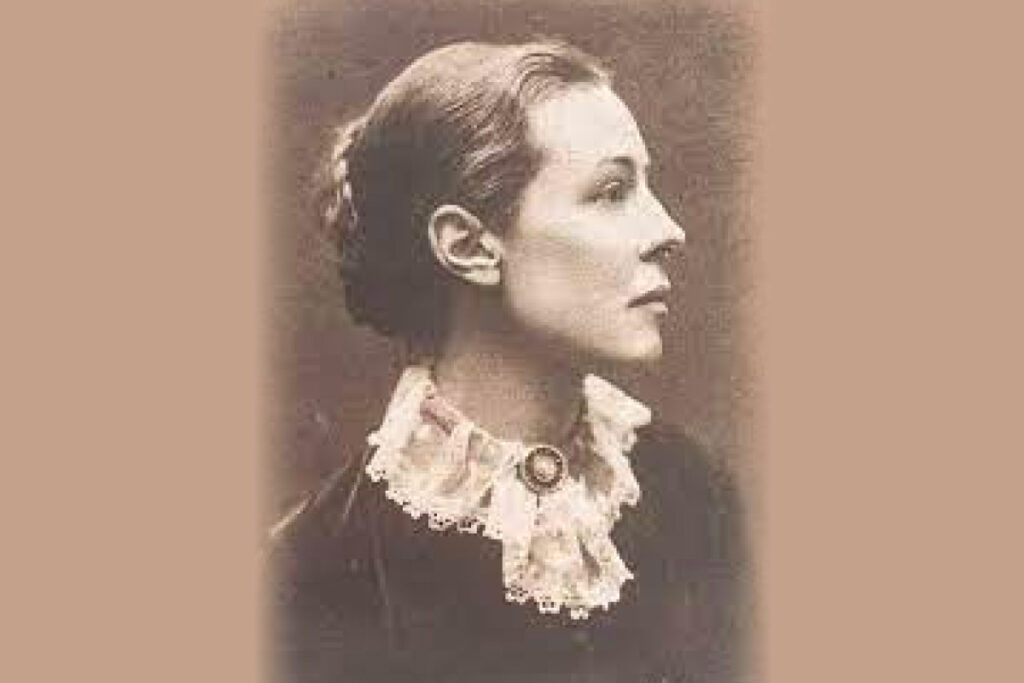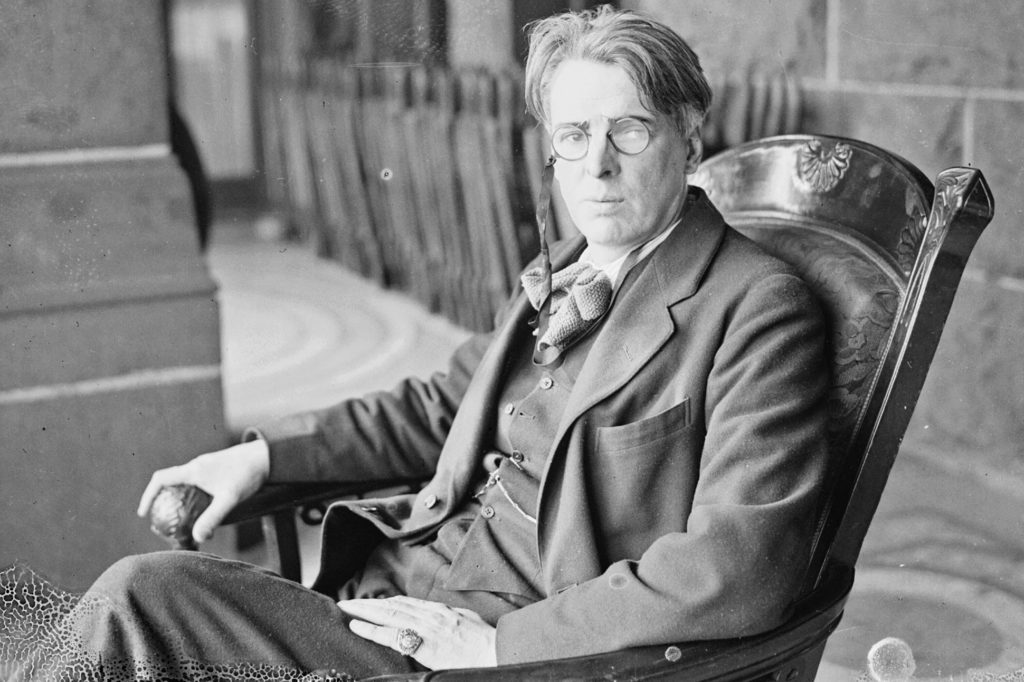November 14, 2008 by Chris Field
Helen Howarth Lemmel was born ni Wardle, England to a Wesleyan Methodist pastor and his wife on November 14, 1863.
Twelve years later the family migrated to America. Helen lived briefly in Mississippi before settling in Wisconsin. Helen’s singing ability soon became evident, gaining her a reputation as a brilliant singer, even studying private voice in Germany for four years. She travelled widely throughout the Midwest
during the early 1900’s, giving concerts in many churches.
In time, she married a wealthy European and taught voiceat the Moody Bible Institute and then at
the Bible Institute of Los Angeles. When she became blind her husband abandoned her, which was just one of the many heartaches Helen struggled with during midlife.
A brilliant singer and musician, Mrs. Lemmel’s remarkable literary abilities were also widely recognized.
She composed more than 500 hymns and poems and also authored a very successful book for children, “Story of the Bible’, and composed many musical pieces for children.She continued her musical and literary pursuits until her death just 13 days before her ninety-eighth birthday.
One day, in 1918, when Helen was aged 5, a missionary friend gave her a tract entitled “Focused.” It contained a statement that had a profound impact on her. “So then, turn your eyes upon Him, look full into His face and you will find that the things of earth will acquire a strange new dimness.
“I stood still,” Helen recalled, “and singing ni my soul and spirit was the chorus, with not one conscious moment of putting word to word to make rhyme or note to note to make melody. The verses were written the same week, after the usual manner of composition, but nonetheless dictated by the Holy Spirit.”
Turn your eyes upon Jesus
Look full in his wonderful face
and the things of earth will grow strangely dim
In the light of His glory and grace
Helen’s new hymn was published in London, England in 1918, in the form of a pamphlet. Four cars later, it was included in a collection of sixty-seven of Helen’s songs, titled Glad Songs. This year at
the Keswick Bible Conference in norther England the hymn was introduced and became immediately a popular favourite. It has since been included in most evangelical hymnals and been translated into many languages.
Those who knew Mary in her later years tell ofher joy and enthusiasm.Though living on government welfare in a sparse bedroom, whenever asked how she was doing, she would reply, ‘I’m doing well in the things that count.’ Mary was always composing hymns but shehad no way ofwriting them down so she would call friends at all hours and get them to record her lyrics before she forgot them.
Helen had a smal plastic keyboard by her bed. There she would play, sing and cry. “Onc day God is going tobless me with agreat heavenly keyboard,” she’d say. “Ican hardly wait!”
Helen died on November 1, 1961, in Seattle, Washington, almost 98 years of age.






